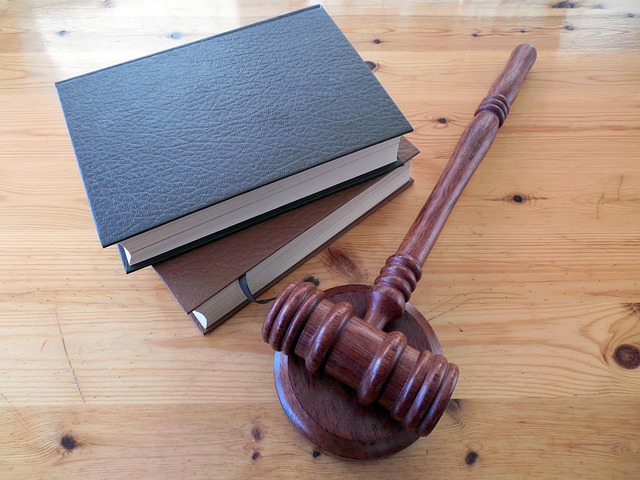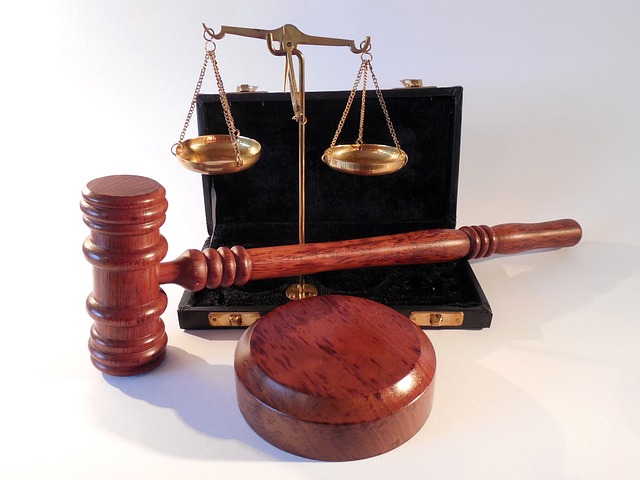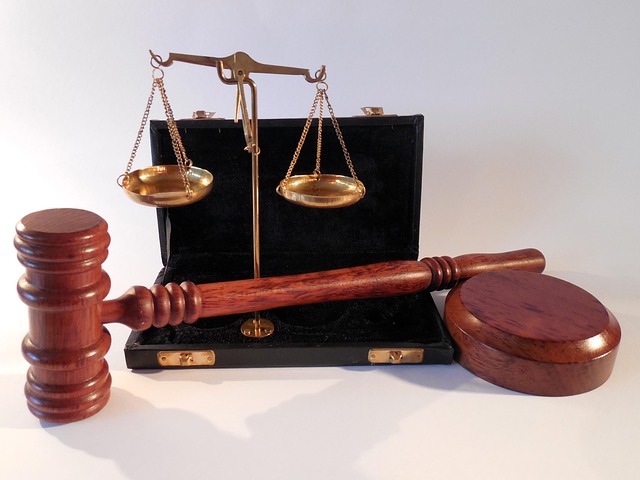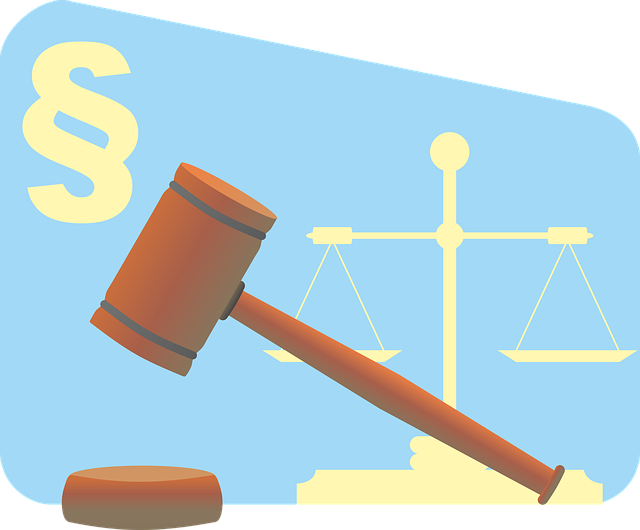RF Regulatory Agency investigations play a vital role in upholding radiocommunications standards, addressing unauthorized transmissions and infrastructure interference. These inquiries significantly impact civil litigation, particularly libel cases, with agency findings influencing jury decisions nationwide through various libel case examples in civil court. This highlights the extensive reach of regulatory oversight on legal domains. In-depth exploration of these cases reveals strategic considerations and evolving legal precedents regarding opinion vs. fact and ambiguous statements, balancing freedom of speech and reputation rights. Companies can mitigate legal risks, including libel case outcomes, through strategic compliance, employee training, clear communication with regulators, swift issue resolution, and robust internal controls, ensuring they stay informed about RF regulation updates.
RF Regulatory Agency investigations are crucial for ensuring compliance with wireless communication standards. This article explores the intricacies of these inquiries, focusing on libel case examples within the civil court system. By delving into real-world scenarios, we uncover key insights and best practices for navigating regulatory compliance. From understanding investigative processes to learning from notable libel cases, this guide equips businesses with essential knowledge for mitigating legal risks in the dynamic landscape of RF technologies.
- Understanding RF Regulatory Agency Investigations
- Libel Case Examples in Civil Court: A Deep Dive
- Key Takeaways and Best Practices for Compliance
Understanding RF Regulatory Agency Investigations

RF Regulatory Agency Investigations play a pivotal role in ensuring compliance with radiocommunications standards and policies. These inquiries are triggered by suspected violations, from unauthorized transmissions to interference with critical infrastructure. What sets them apart is their meticulous approach, combining technical expertise with legal acumen. Investigators delve into complex scenarios, analyzing signal patterns, frequency usage, and equipment specifications to uncover potential infractions.
An intriguing aspect of these investigations is the intersection with civil litigation, particularly in libel cases. Across the country, there have been notable examples where RF agency findings have significantly influenced jury trials. This unprecedented track record underscores the importance of robust regulatory oversight in the radio frequency spectrum, demonstrating its far-reaching impact on various legal domains.
Libel Case Examples in Civil Court: A Deep Dive

In the realm of civil court proceedings, libel case examples offer valuable insights into the complex dynamics of legal battles centered around reputational harm. These cases, which involve allegations of false statements published with malicious intent, have resulted in some noteworthy outcomes across the country. From high-profile personalities to everyday citizens, libel suits present unique challenges and opportunities for both plaintiffs and defendants. An unprecedented track record of winning challenging defense verdicts underscores the intricate nature of these legal battles, where every word and context must be meticulously examined.
By delving into specific libel case examples in civil court, we can better understand the strategic considerations that shape these trials. Whether it’s a matter of opinion versus fact, or the interpretation of ambiguous statements, each case leaves a lasting impact on legal precedents. This deep dive reveals an evolving landscape where freedom of speech and the right to reputation often clash, ultimately shaping public discourse and the boundaries of civil liability.
Key Takeaways and Best Practices for Compliance

Navigating RF Regulatory Agency investigations requires a strategic approach to compliance. Key takeaways include understanding the specific regulations relevant to your respective business, proactive risk management, and maintaining detailed records. Regular training for employees involved in radio frequency (RF) operations is essential to ensure adherence to standards and avoid costly libel case examples in civil court.
Best practices involve establishing clear communication channels with regulatory bodies, promptly addressing any non-compliance issues, and implementing robust internal controls. For his clients, a proactive approach can lead to the complete dismissal of all charges. It’s crucial to stay informed about updates in RF regulations and adapt business practices accordingly to maintain compliance and mitigate legal risks.
RF Regulatory Agency investigations can have significant implications, especially when it comes to civil court libel cases. As discussed, understanding these processes is crucial for maintaining compliance and mitigating potential legal risks. By examining real-world libel case examples in civil court, we’ve highlighted the importance of precise communication and factual accuracy. Adhering to best practices for compliance ensures that companies navigate these investigations with confidence, safeguarding their reputation and reducing exposure to costly litigation.






